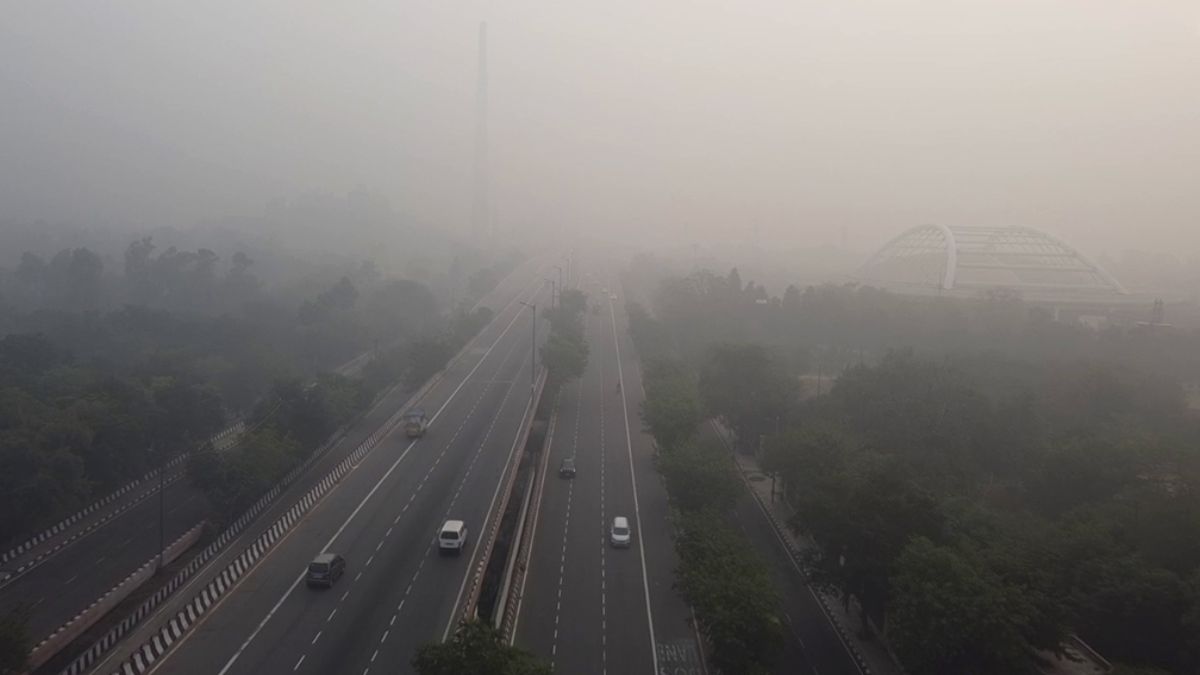Delhi Chokes: AQI Surges Back Above 400, Leaving Residents Gasping for Air
Delhi's air quality has taken a dangerous turn for the worse. After a brief respite, the Air Quality Index (AQI) has skyrocketed above 400, plunging the city back into a severe pollution crisis. Residents are struggling to breathe as the toxic smog blankets the Delhi-NCR region. The situation is alarming, prompting urgent action and raising critical health concerns. What's causing this sudden deterioration, and what can we expect in the coming days? Let's delve into the alarming details.
The Shocking Rise in Pollution Levels
The pollution levels in Delhi have been on a steady incline, transitioning from "very poor" to "severe" in a matter of hours. Data from the Central Pollution Control Board (CPCB) shows a drastic increase in AQI, with a significant number of monitoring stations registering alarmingly high levels of pollution. This drastic spike is impacting the health of millions of residents across the national capital.
The Western Disturbance: A Major Culprit?
Weather experts attribute the sudden surge in pollution to a Western Disturbance that's predicted to bring reduced wind speeds. This is a crucial element because these winds help to naturally disperse pollutants. With slower wind speeds, the pollutants get trapped, leading to this concerning accumulation of smog. The forecast suggests this worrying trend is set to continue. This stagnant weather pattern, effectively trapping pollutants, exacerbates Delhi’s chronic air pollution problem.
Predictions and What Lies Ahead
The Air Quality Early Warning System (AQEWS) provides a grim forecast, predicting "very poor" air quality through at least Monday. Moreover, projections indicate similar poor conditions might persist for the next six days. This extended period of poor air quality signals a long-lasting challenge for Delhi's inhabitants, prompting a long-term approach for mitigation. This means we're looking at a prolonged period of health challenges for millions of Delhi's citizens.
How to Protect Yourself During a Severe Pollution Crisis
The severe air pollution necessitates protective measures. These include: avoiding outdoor activities when AQI is high, especially for vulnerable populations; wearing N95 masks when stepping outside; regularly keeping your homes clean to minimize the presence of airborne particulate matter; staying hydrated and limiting outdoor physical exercise. Consult doctors if any unusual health conditions manifest during the smog period.
Take Away Points
- Delhi's AQI has surged above 400, signifying "severe" pollution.
- Reduced wind speeds due to a western disturbance are trapping pollutants.
- Poor air quality is predicted to persist for at least the next week.
- Residents should take necessary precautions to protect their health.
- The situation demands immediate action and long-term solutions to address this recurring crisis in Delhi’s air quality.




